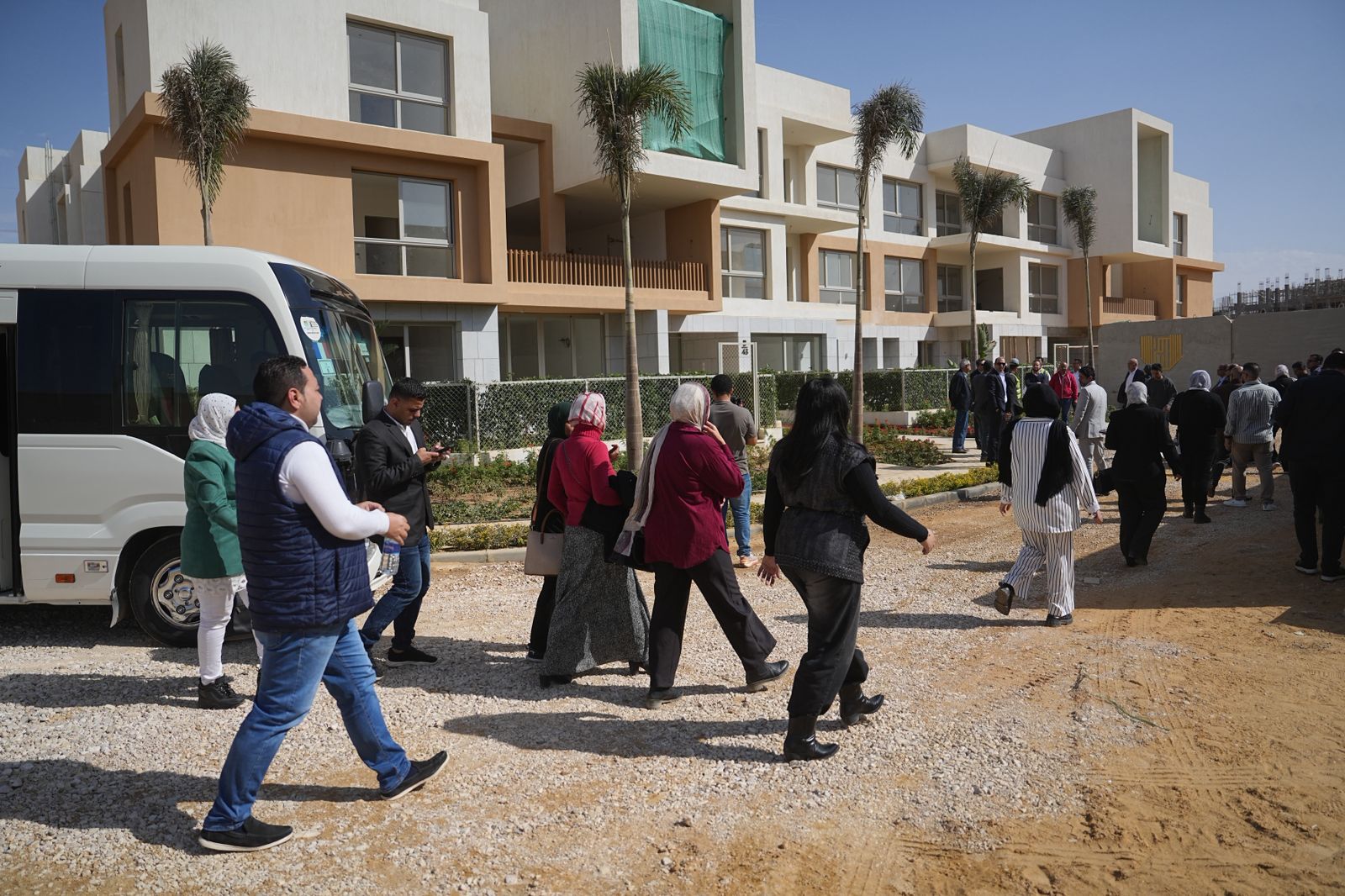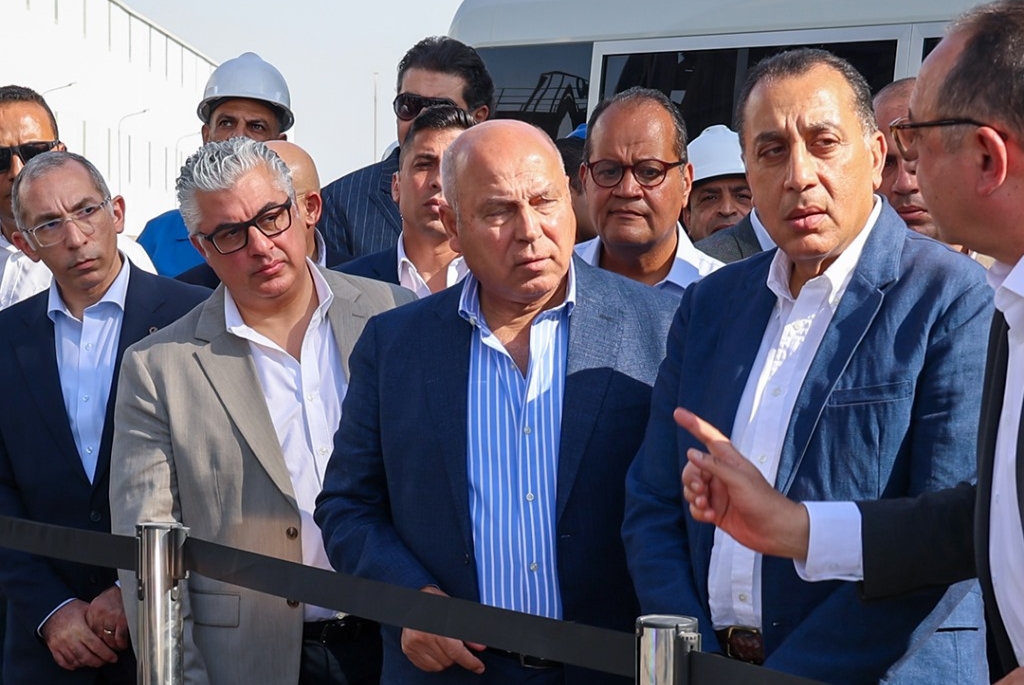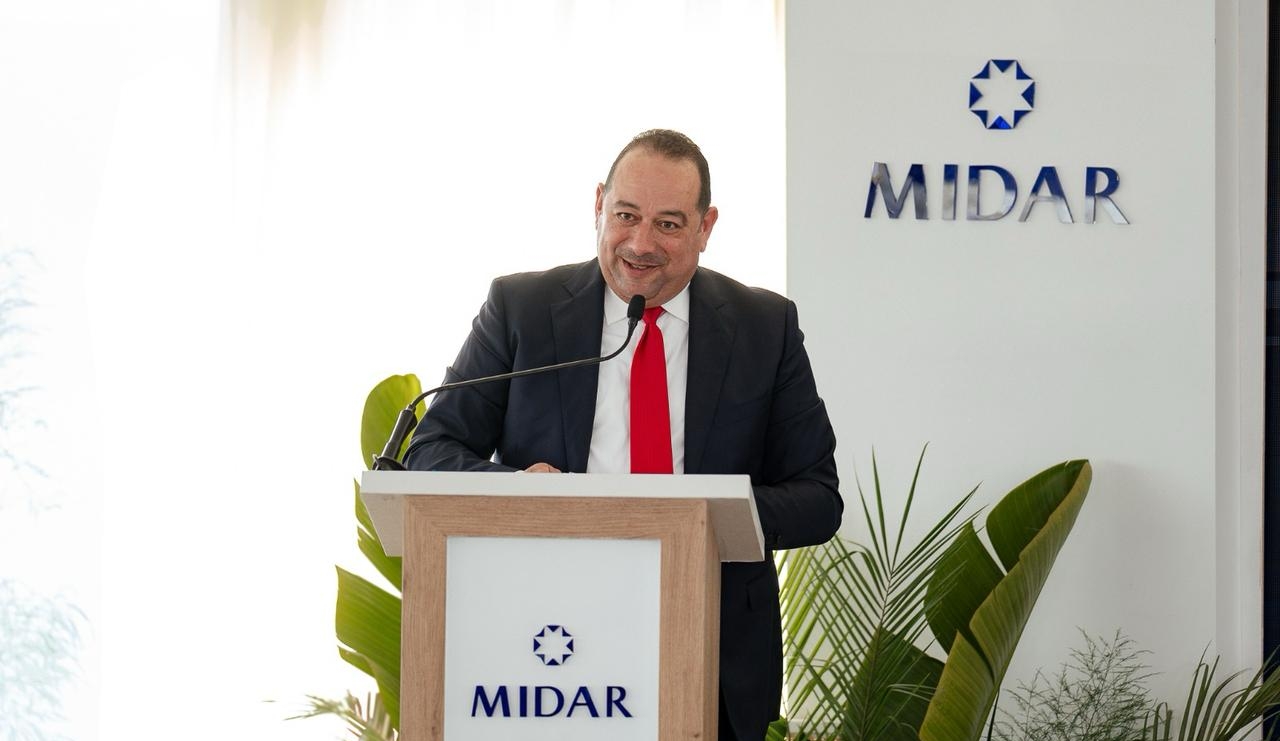Dubai – Masaader News
Many Middle Eastern countries are beginning to wake up to the challenges they face in boosting productivity, which lags behind global peers and, for most countries in the region, it has been falling for many years. PwC’s latest Middle East Economy Watch provides insight into the region’s productivity challenge.
Richard Boxshall, Senior Economist at PwC Middle East, says: “Gulf economies have weak labour productivity levels compared with peers, as they rely on low skilled expatriates in many sectors of the economy. Meanwhile, public sectors across the region are heavily overstaffed.”
The International Labour Organisation data shows that real productivity grew by 10% globally in 2010-17, but only the UAE exceed this rate and many countries saw their productivity fall over this period, notably Oman and Lebanon.
Investment in technology, notably AI and robotics, will have a unique impact in the Gulf as expatriates, made redundant by technology, will just depart resulting in a less dense but more productive population. Richard Boxshall, Senior Economist at PwC Middle East, added “The combination of investment, leadership and improving education could lead to substantial productivity gains.”
Business environment : GCC leads but non-GCC improves
The UAE came out as a clear leader in both the World Bank’s Doing Business and the World Economic Forum’s Global Competitiveness indices, while Kuwait came at the other end of the spectrum partly due to the difficulties it is facing in upgrading its aging infrastructure.
Saudi Arabia received special attention in both indices, as the country with the most business environment related reforms last year, ranging from reducing the number of documents required for customs clearance, to implementing an online system for property registration. However more is expected because National Transformation Programme (NTP) is targeting ranks of 20th in Doing Business and Global Competitiveness by 2020.
Commenting on the business environment, Richard Boxshall, Senior Economist at PwC Middle East, said: “The Gulf countries have largely led the other MENA countries since the inception of both indices, although methodological changes in Doing Business contributed to sharp declines for some of these countries a few years ago.”
Looking forward to 2018
The extension of oil production cuts naturally dragged down GDP for oil producing economies in 2017, with annual economic growth for the GCC expected to come in at around ½% in 2017. Meanwhile, some non-GCC countries are beating expectations, including Iraq and Egypt.
In the GCC, the most notable surprise is that inflation has been much weaker than expected, recording in October 0.7% y/y. Outside the Gulf, inflation was higher, particularly in Egypt where it reached 31% y/y in October.
In 2018, the dominant economic driver for the year will be oil producer action. However, the big question remains if attempts to bring inventories level back to their long-term averages and thereby stabilize prices,will be impacted by the increased US shale production.
Moreover, a major change in 2018 will be a pickup in inflation in the Gulf due to the introduction of VAT, however delays in some countries will shift part of the inflationary impact into 2019.











